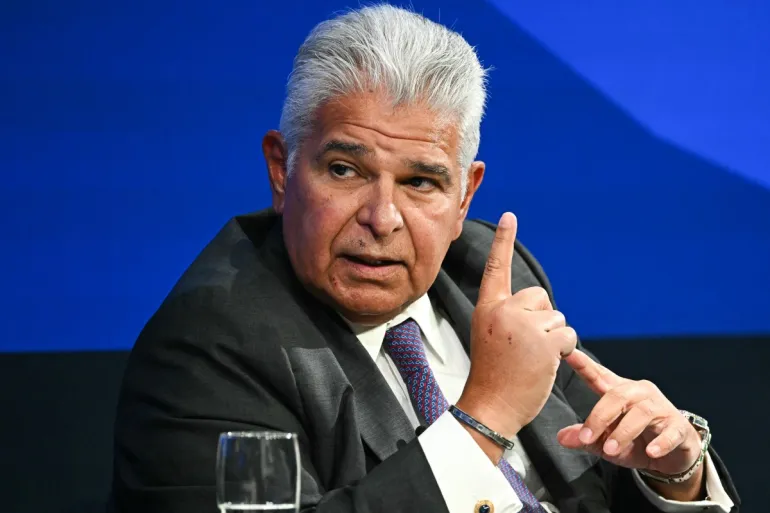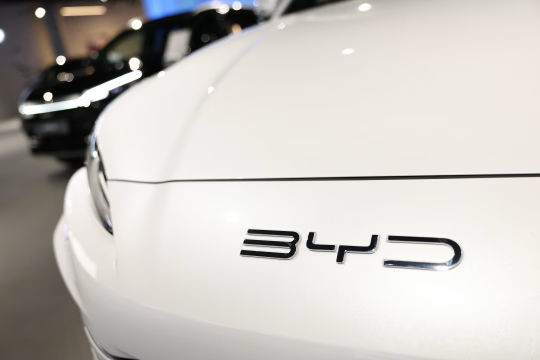Shares in Chinese electric vehicle manufacturer BYD fell sharply on Monday, sliding as much as 8.25% after the company announced significant price reductions on a wide range of its electric and hybrid models.
The drop follows a recent record high in the stock and reflects growing investor concerns about intensifying competition in the domestic EV market.
The automaker said on Friday it would cut prices on 22 of its models through the end of June. Notable among the discounted vehicles are the Seagull hatchback, which saw a 20% price drop to 55,800 yuan (approximately $7,770), and the Seal 07 dual-motor hybrid sedan, whose price was reduced by 34%, or 53,000 yuan, bringing it down to 102,800 yuan.
BYD’s decision is the latest move in an ongoing price war among Chinese electric vehicle manufacturers, who are navigating softening demand and rising inventories. According to the China Passenger Car Association, dealership stock levels rose to 3.5 million vehicles last month, translating to 57 inventory days — higher than seasonal norms.
Other Chinese automakers also saw their shares decline in response to BYD’s announcement. Geely Automobile’s shares dropped over 9%, while Leapmotor, Great Wall Motor, Li Auto, and Xpeng saw declines ranging from 3% to 8.5%. Analysts attributed the broader sector selloff to fears that BYD’s pricing strategy could force competitors to offer similar discounts, potentially eroding profit margins across the industry.
Despite these concerns, some analysts remain optimistic about the demand outlook. Citi analysts reported a 30% to 40% increase in dealership foot traffic for BYD models in the two days following the announcement. They projected a potential 20% to 30% increase in BYD’s second-quarter shipments, while estimating a per-vehicle net profit of around 9,000 yuan — slightly below the company’s earlier guidance.
“BYD continues to demonstrate significant pricing power,” said Li Yanwei of the China Automobile Dealers Association. “Its actions are likely to prompt further responses from rivals, intensifying competition in the market.”
Indeed, several competitors have already reacted. State-owned Changan offered a 15% discount on its Deepal S07 SUV, while Leapmotor announced price cuts of up to 30% on its C11 and C16 models.
The broader implications of this pricing strategy remain uncertain. While it may help BYD protect or grow its market share, particularly in the sub-200,000 yuan vehicle segment, it also raises questions about long-term profitability in a sector already facing regulatory pressure. Last week, China’s National Development and Reform Commission warned against predatory pricing, cautioning that practices such as selling vehicles below cost could distort market dynamics.
BYD sold 1 million vehicles in the first quarter of 2025, up 60% year-over-year, retaining its position as the world’s leading EV seller ahead of Tesla.
CNBC, Forbes, the Financial Times, and the Wall Street Journal contributed to this report.










The latest news in your social feeds
Subscribe to our social media platforms to stay tuned